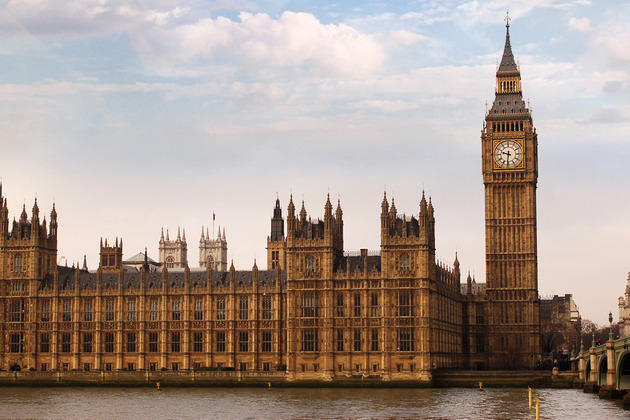Will Mapplebeck asks if we are observing the end of politics.

Remember The End of History – Frances Fukuyama’s bold claim 25 years ago that the end of the Cold War meant ideology was over and history as we know it would effectively stop? I wonder sometimes whether we’re reaching The End of Politics.
Certainly, we appear to be witnessing a breakdown in traditional party loyalty and discipline. Open internal warfare over everything from Brexit to sexual harassment now appears to be the norm. The traditional tribes of British and American politics have never been so disunited. In every election from Austria to Australia it seems insurgents are on the rise, overturning traditional political orthodoxy.
But maybe politics and democracy is just the latest facet of human existence to find itself disrupted by technology and innovation. After all, across the world, lots of other venerable institutions have seen their business models and ways of operating transformed over the last decade. The news we read, the taxis we hail, the TV we watch, the work we do; all are changing at a dizzying pace. Industries that fail to adapt – newspapers being a classic example, almost 200 having closed in the UK since 2005 – struggle and then enter a swift decline.
And the pace of change appears to be accelerating. For example, telephone chatbots are already being trialed by the NHS to diagnose illness and by 2021 Ford has said it will be manufacturing and selling driverless vehicles. Meanwhile, Westminster politicians sit surrounded by men in tights and wigs in a Gothic building with labyrinthine rules completely out of touch with modern life. Should we really be surprised if UK party politics and democratic institutions find themselves on the post millennial critical list?
The signs are already there; for instance, the rise of En Marche from zero to political heavyweights in France within two years or the Russian clickbait farms that allegedly sowed enough discord to influence the 2016 US presidential election. In the UK, Labour pours vast resources into a successful social media operation which is credited with helping it to win the youth vote at the last election and e-petitions have shown their potential to garner headlines and change policy.
The disruption is definitely happening, and parts of the body politic are starting to react and adapt. However, as the current sexual harassment scandal demonstrates, other aspects of our political system are hopelessly out of step with modern life. Will someone please tell me why MPs appear not to be subject to the workplace rules and guidance that govern every other workplace in the United Kingdom? Please let me know.
The truth is we probably are at the End of Politics as we know it. Like many other global institutions, it is changing and, sometimes, struggling to remain relevant.


